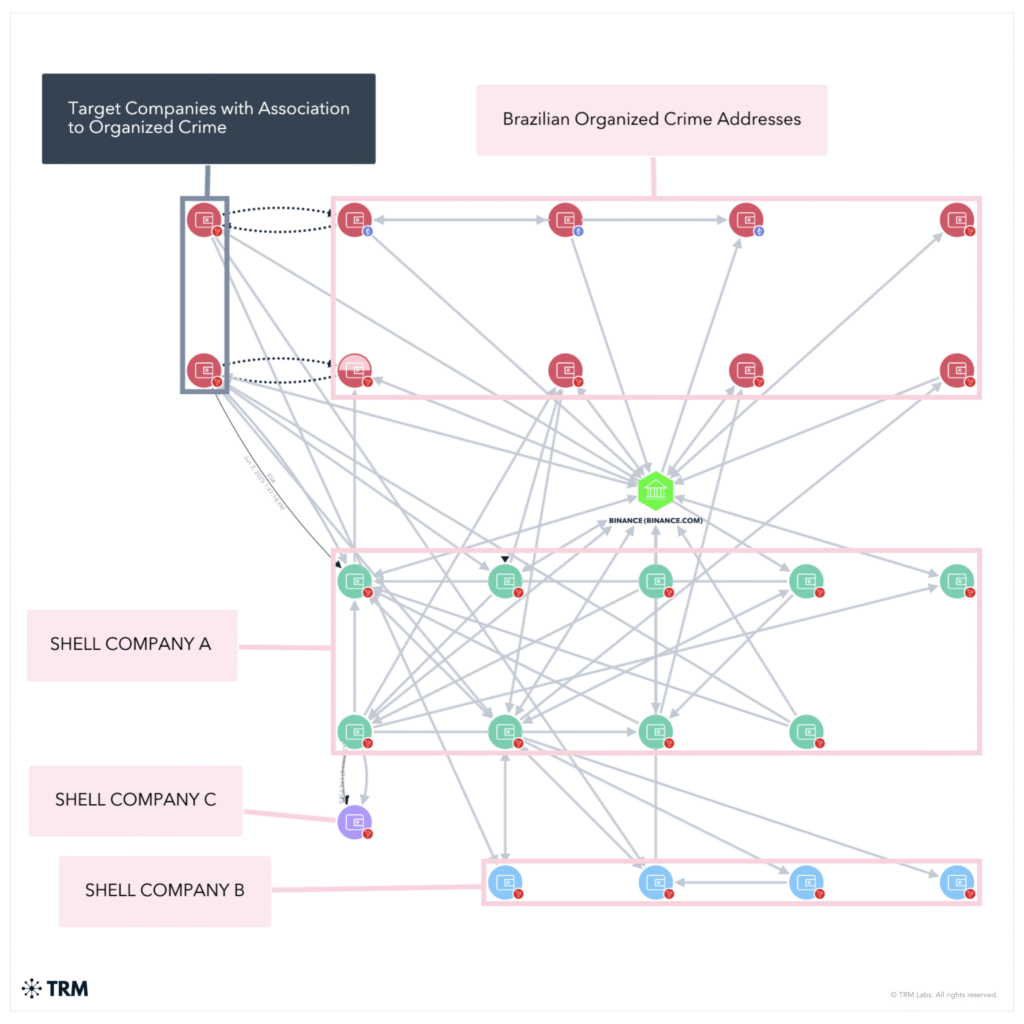Brazil’s Federal Police have broken up a massive cryptocurrency-based money-laundering operation that moved more than 50 billion reais (about USD 9 billion) through a network of shell companies, crypto exchanges, and digital wallets.
The investigation, known as Operation Lusocoin, uncovered a sophisticated criminal structure accused of converting illicit profits from drug trafficking, smuggling, tax evasion, and terrorism financing into digital assets. Officials said the group used cryptocurrency to hide the origins of funds while running a fake investment token called Lusocoin.
Last month, police executed 13 search and seizure warrants and 11 temporary arrest orders, freezing assets worth more than 3 billion reais (USD 540 million). The operation was coordinated by the Federal Police’s Superintendence in Rio Grande do Sul, with major actions in Pelotas, Dourados, and Florianópolis.
Leadership in Dubai and laundering across Brazil
Investigators said the criminal network was led from Dubai and relied on a system of crypto brokers and intermediaries to move funds across borders. The investigation was spearheaded by the police unit in Santana do Livramento, a city on Brazil’s border with Uruguay — a region long known for informal trade and cross-border cash movement.
Authorities used advanced blockchain analytics to trace transactions and uncover how shell companies funneled illicit proceeds through cryptocurrency wallets. The use of these forensic tools, investigators said, gave police unprecedented visibility into digital value flows.
Seizures and international collaboration
Police seized six luxury vehicles, six high-value properties, and froze assets belonging to 65 individuals and companies. They also blocked about 30 cryptocurrency wallets linked to the suspects. Working with global exchanges and blockchain analytics providers, investigators identified and froze 4.33 million USDT (≈ 22.5 million reais) tied to the operation’s leaders.
The case was supported by the T3 Financial Crime Unit, a global partnership that includes TRM Labs, Tether, TRON, and multiple international law enforcement agencies. Through T3, Brazil’s investigators gain access to real-time blockchain tracing tools and specialized training to recover stolen or laundered crypto assets.
Expanding digital forensics capacity
Operation Lusocoin marks the sixth major case in which Brazilian authorities have used the T3 framework to track criminal crypto activity. In total, the country has frozen over 13.3 million USDT — equivalent to more than USD 13 million — across coordinated operations.
TRM Labs, recently selected by Brazil’s National Public Security Secretariat (SENASP), now provides blockchain analytics to federal and state agencies under the Ministry of Justice. The partnership reflects Brazil’s push to strengthen financial transparency, improve digital asset oversight, and disrupt transnational crime.
A milestone in crypto enforcement
Operation Lusocoin demonstrates Brazil’s growing sophistication in digital investigations. Federal Police officials said the case proves that even decentralized and cross-border crypto schemes “leave trails.” With blockchain intelligence, international cooperation, and rapid coordination, those trails, they added, “lead directly to enforcement success.”


